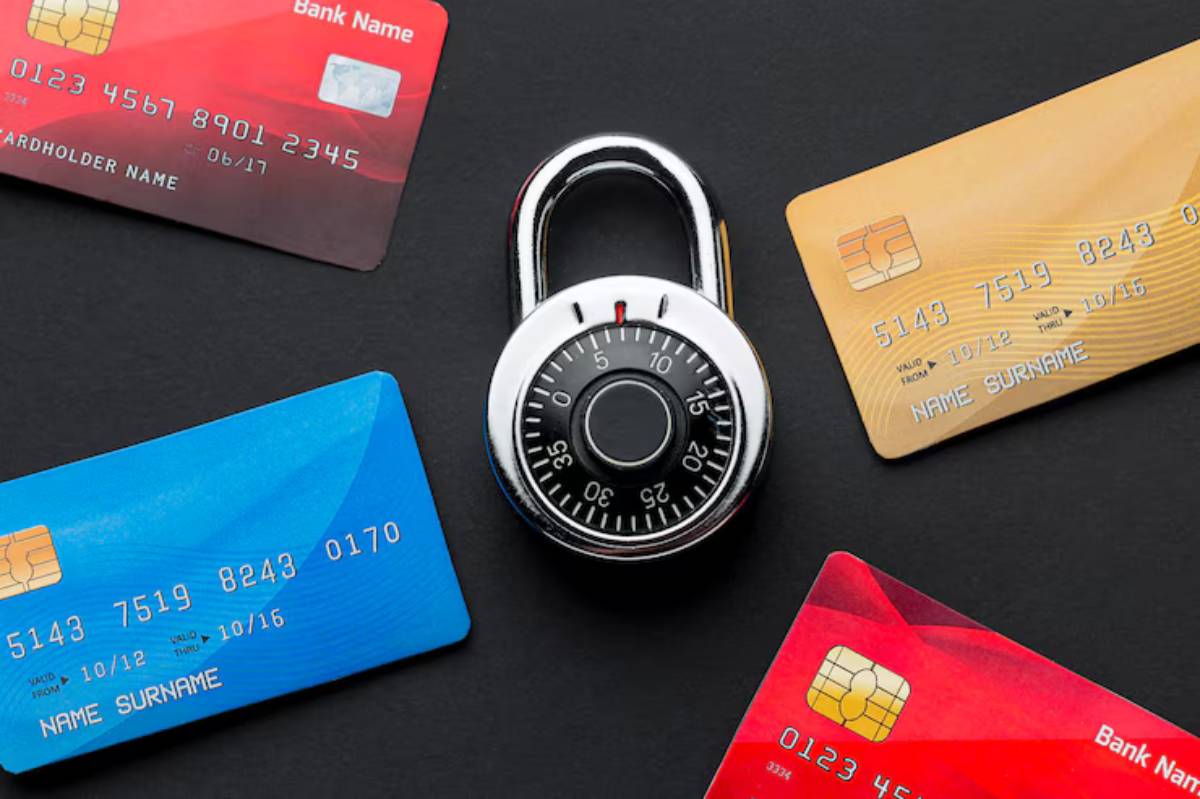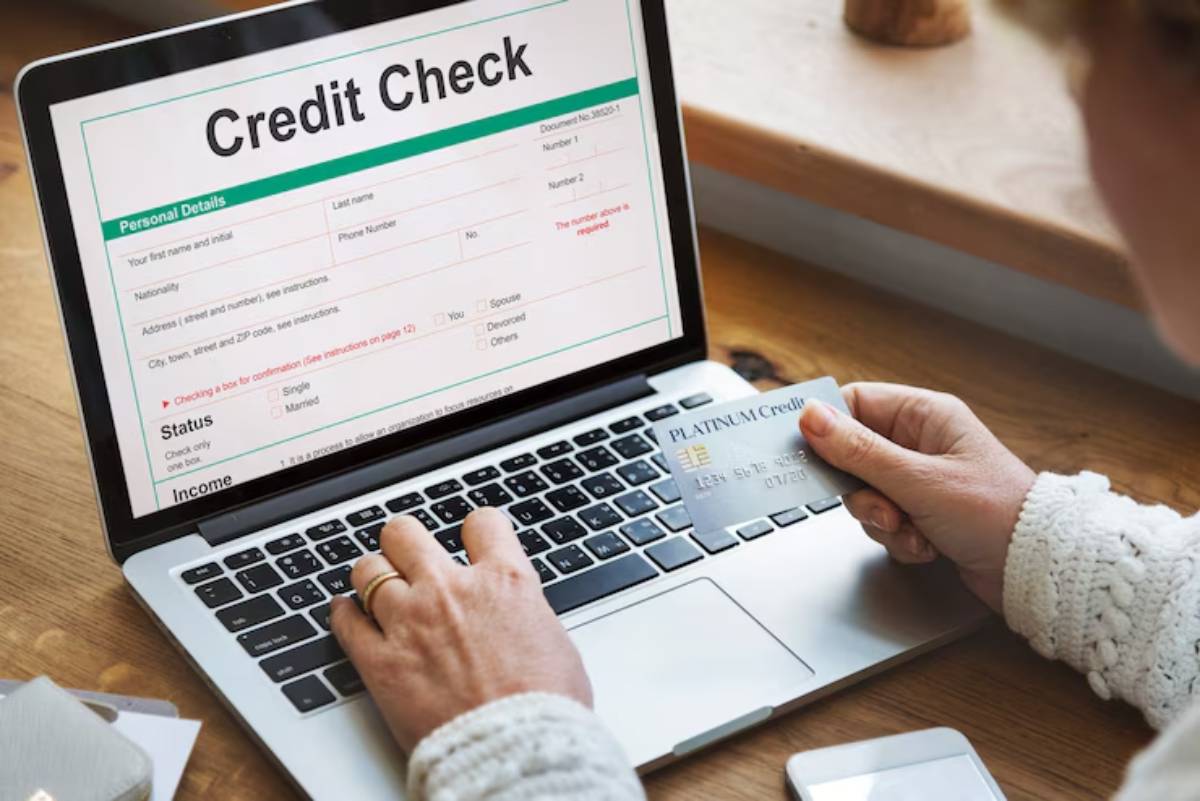
How to Monitor Your Credit Score Regularly
Your credit score affects more than just your ability to borrow money. It plays a big role in your overall financial health, influencing everything from mortgage approvals to phone contracts and even job opportunities.
The good news? You don’t have to be an expert to keep an eye on your score. With the right habits and tools, regular credit monitoring can be quick, easy, and highly beneficial.
In this guide, you’ll learn why credit score tracking matters, how to monitor your credit like a pro, and what to do if something looks wrong.
Why Monitor Your Credit Score?
Your credit score is a reflection of how you manage money. Checking it regularly helps you:
- Catch identity theft or fraud early
- Spot mistakes in your report
- Track your progress as you improve your score
- Stay informed before applying for loans or credit
Regular monitoring gives you peace of mind — and the knowledge to make smart financial decisions.
How Often Should You Check Your Credit Score?

There’s no single rule, but most experts suggest:
- Monthly checks to stay informed
- Before applying for credit to avoid surprises
- After major changes (like paying off debt or closing accounts)
Checking your score does not lower it. Soft inquiries, like those from monitoring apps, don’t affect your credit.
What Affects Your Credit Score?
Before you start credit score tracking, it helps to know what moves your number up or down.
Key factors include:
- Payment history (most important)
- Credit utilisation (keep it under 30% of your limit)
- Length of credit history
- Types of credit used
- New credit applications
Knowing these factors helps you understand changes when you check your score.
Best Tools for Credit Monitoring
There are plenty of free and paid tools that help with credit monitoring. Here are some of the most popular:
1. Credit Karma (UK & US)
- Free credit score updates
- Credit report access
- Personalised recommendations
2. ClearScore (UK)
- Weekly credit score tracking
- Simple dashboard
- Educational tips to improve your score
3. Experian
- Free basic score
- Premium services with full report access
- Alerts for changes to your report
4. Your Bank or Credit Card Provider
Many banks and card issuers now offer free credit score tracking as part of your account dashboard.
Tip: Choose one or two tools you trust — checking with too many apps can be confusing.
Check out our guides on Building Credit From Scratch to supercharge your knowledge.
How to Read Your Credit Report
Along with your score, most monitoring services show your credit report. Here’s what you’ll see:
- Open and closed credit accounts
- Payment history
- Credit limits and balances
- Public records (like bankruptcies or court judgments)
- Recent hard inquiries
Always check for:
- Errors in account details
- Unfamiliar accounts (which could signal fraud)
- Incorrect late payment records
If you spot a mistake, contact the credit bureau to dispute it.
Set Alerts for Changes
Most monitoring apps let you set alerts for:
- New accounts opened
- Credit limit changes
- Missed payments
- Hard inquiries
This helps you respond quickly to unexpected activity or potential fraud.
Smart Habits for Regular Credit Score Tracking
Here are some simple ways to build credit monitoring into your routine:
Check Monthly

A monthly check gives you an overview without creating stress or obsession.
Track Progress Over Time
Don’t panic over small changes. Scores fluctuate naturally. Focus on the overall trend.
Combine With Budgeting
Look at your credit score alongside your budget. It helps you connect spending habits with credit behaviour.
Act on Issues Immediately
If your score drops, check your report to find out why. Mistakes and missed payments are easier to fix the sooner you catch them.
Avoid Checking Too Often
Checking every day leads to unnecessary anxiety. Once a month is usually enough.
Common Mistakes to Avoid
Ignoring Your Score
Not checking your score at all means you could miss fraud or errors.
Relying on Only One Source
Scores can vary slightly between credit bureaus. Checking two or three gives a more complete picture.
Applying for Too Much Credit at Once
Multiple applications in a short time cause hard inquiries, which can lower your score temporarily.
Panicking Over Minor Drops
A drop of 5–10 points is normal and usually temporary. Look for long-term improvement.
What to Do If You See a Problem
If your credit monitoring shows a major drop or incorrect information:
- Check your full report
- Contact the lender to fix any account errors
- Dispute inaccuracies with the credit bureau
- Monitor your report more closely for a few months
Bureaus are required to investigate disputes and respond within 30 days.
Credit Monitoring and Identity Theft
Regular monitoring is a key way to catch identity theft early.
Warning signs include:
- New accounts you didn’t open
- Sudden drops in your score
- Notices about loans or cards you never applied for
If you suspect fraud, report it to your lender and the credit bureau immediately. Keep Your Financial Health on Track
Credit monitoring doesn’t have to be complicated. With the right tools and a monthly routine, you can keep your credit score healthy and avoid nasty surprises.
Credit score tracking gives you the knowledge to spot problems early, understand your progress, and plan confidently for the future.
Because the key to strong financial health isn’t perfection — it’s consistency.
Ready to start monitoring?
Pick one app or service today. Set a reminder to check your score once a month. The sooner you start, the sooner you’ll take control of your credit journey.
Check out our guides on Avoiding Credit Card Pitfalls to supercharge your knowledge.


